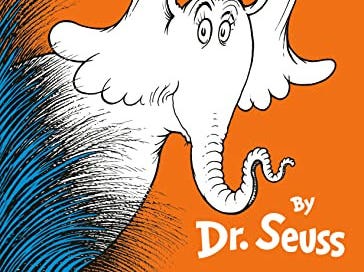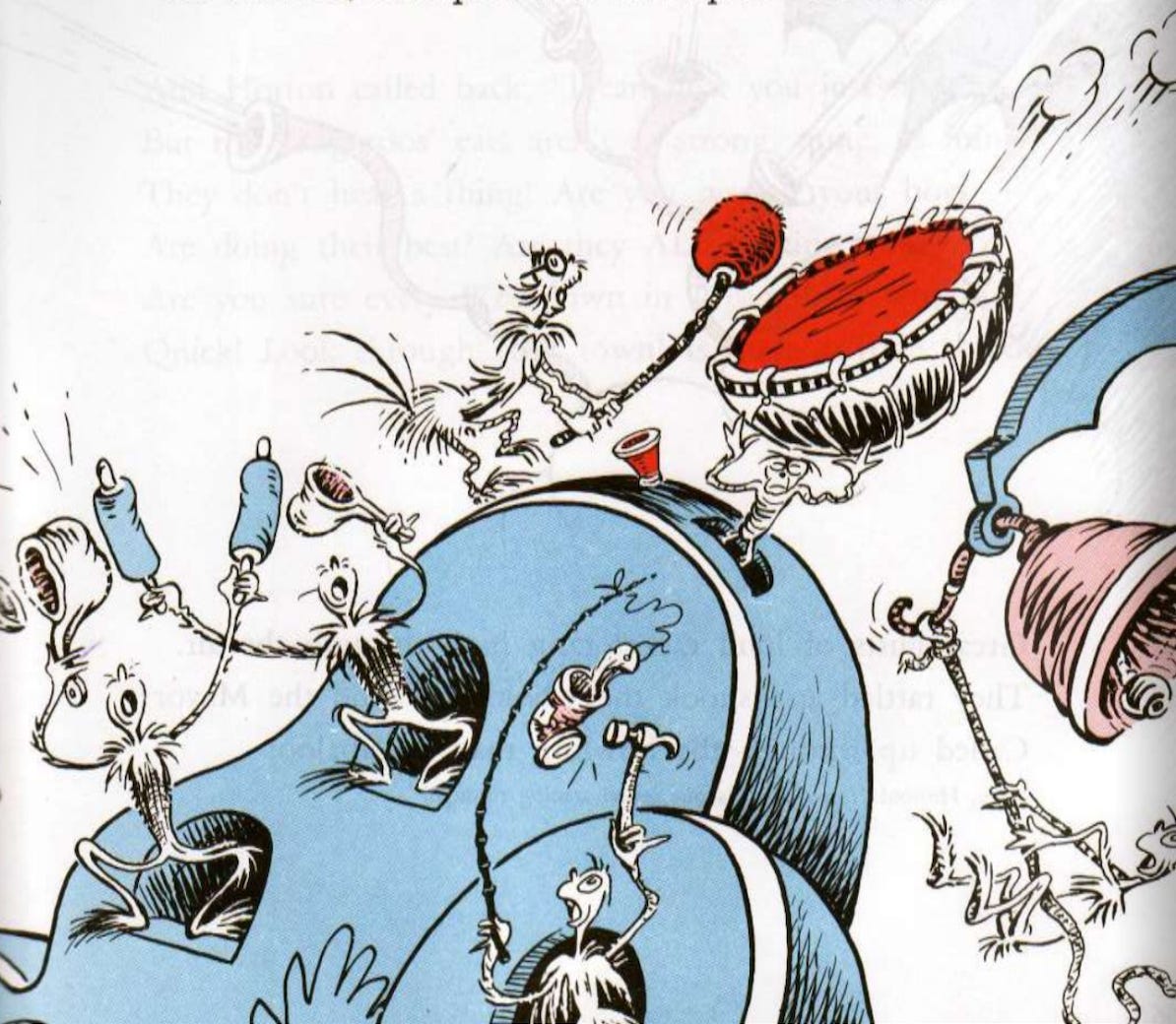Horton Hears a Commitment to Listening, Learning, and Growing
From the desk of the Chief Operations Officer of Dumb CDC
The hard-working Ethics and Compliance Activity team here at Dumb CDC has published their 2023 audit of our organization. Though we no longer meet the Corporate Equality Index criteria that has long guided our vision of diversity, equity, and inclusion here at Dumb CDC, we remain positive about the report's findings.
With each new year comes new experiences, new challenges, and new opportunities. We see Q1 of 2024 as an opportunity to do better. An opportunity to learn and grow from internal investigations. And better yet, an opportunity to reinstate a salaried DEI Director. We believe that this is the right thing to do.
We are facing trying times as public health professionals. The discourse around Black Lives Matter, Transgenderism, and Palestine has entered the workplace, creating an unsafe and uncomfortable environment for many.
To navigate these conversations, our executive leadership has read and discussed Horton Hears A Who! We take this as a serious step towards understanding the complex identity politics we are facing today, both personally and professionally.
Some of our peers have called racism a "public health emergency" and transgender health a "flashpoint" for health ethics. The conflict in Palestine has caused division within the field with difficult questions such as: Is bombing a maternity ward bad for maternal and reproductive health?
We believe that Horton Hears A Who! provides a helpful framework for addressing these divisive issues as public health professionals.
Colleagues immersed in identity politics often take the social dimensions of public health to their logical extreme. Like Horton, they see the “small speck of dust" and immediately accept as truth that the microscopic Whos exist there and that Whoville is a place where they live, learn, work, play, and age. They take the Whos' words at face-value because they too easily sympathize with them.
It is important as public health professionals to remain skeptical until clear data is presented. To much criticism and pushback, like the kangaroos we say: "Why, that speck is as small as the head of a pin. A person on that?... Why, there never has been!"
Horton's bias towards the Whos is to their detriment. He takes an unprofessional interest in them, saying: "My friends! Tell me! Do tell! Are you safe? Are you sound? Are you whole? Are you well?"
Getting information straight from the Whos is inappropriate. There is no credible census, let alone public health surveillance, available in Whoville. The monkeys know that much.
Everyone in the jungle calls Horton foolish. The kangaroos and monkeys depose Horton and move to boil the speck of dust. They understand that no data is better than bad data.
Horton protests: "Boil it? Oh, that you can't do! It's full of persons! They'll prove it to you!"
The Whos protest and cry out in fear: "We are here! We are here! We are here! We are here!"
Horton goes so far as to make the unfounded claim that "a person's a person, no matter how small."
As an esteemed public health institution, we must remain steadfast in listening to the data before making such a bold political statement. Horton has been getting all of his information directly from the Whos after all.
In the story, Horton has to prove his claim that "a person's a person, no matter how small." He does so through the empirical evidence of the desperate screams of the Whos in Whoville— including the smallest of children.
Through this good effort, the kangaroos and monkeys can finally hear the voices of the Whos in Whoville.
Mechanisms could now be put in place to recognize and protect the Whos. That is because they and their unique suffering were now proven to exist.
To our colleagues fomenting political unrest and criticizing leadership here at Dumb CDC: know that intellectually and politically, we may not be so far apart on these issues. Like the kangaroos and monkeys, we may see more eye to eye one day. But we will do so through the proper processes, which take time, rigorous work, and patience.
Horton rushes ahead, but the kangaroos and monkeys are committed to listening, learning, and growing. No matter how long it takes. And maybe we could all learn something from that.










